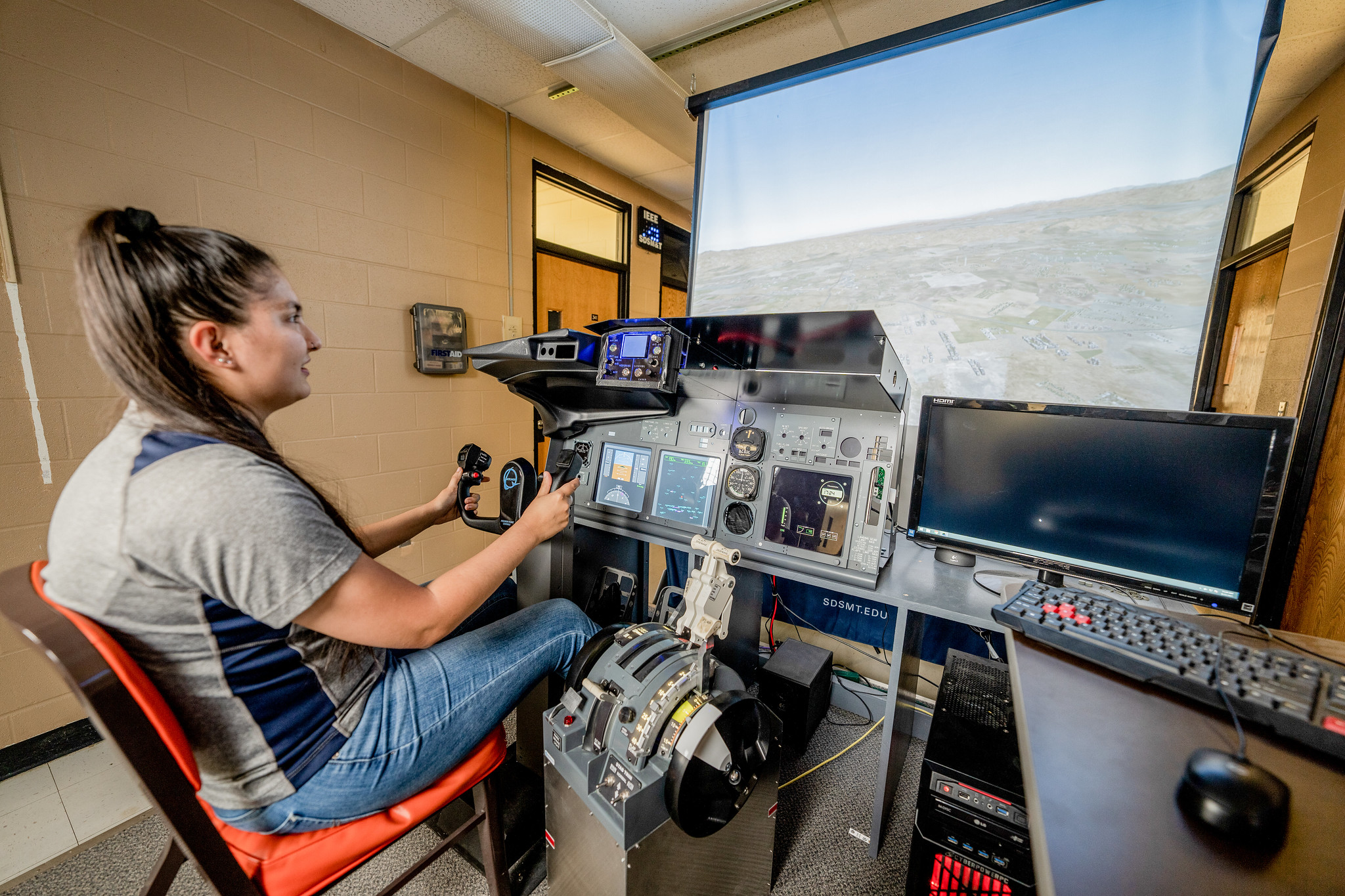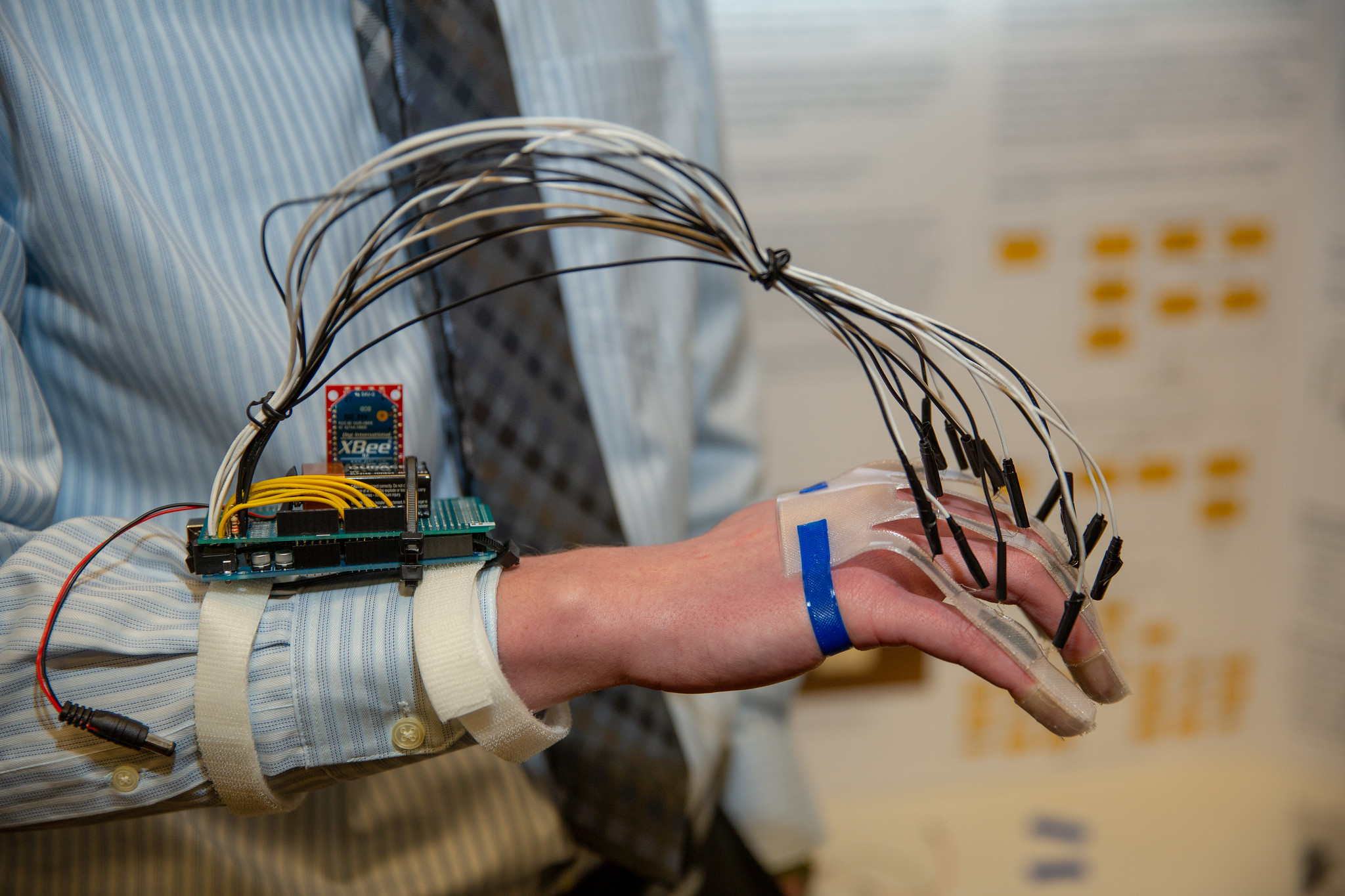Electrical EngineeringBS

When was the last time you thanked an electrical engineer for their contributions to systems that use electricity, electronics, or electromagnetism? While computer engineering lies at the intersection of hardware and software, electrical engineering focuses specifically on the hardware. Electrical engineering expertise is crucial in the development of communication and power generation systems, as well as electric motors and medical devices.
In the classroom ...
Electrical engineering students at South Dakota Mines establish a solid engineering foundation in circuits, electronics, electromagnetics, controls, signals, materials, communications, and power. Want to develop prototype sensors for NASA space suits? Hands-on learning is at the heart of our program, as students become proficient in designing, building, and testing electrical products and systems.
Beyond the classroom ...
Mines students can participate in designing and building drones, formula race cars, lunar robots, and Baja vehicles. Industry partners consistently hire our students for internships or full-time positions across various sectors, including robotics and alternative energy.
Electrical Engineering Tour at South Dakota Mines
Video

Featured Courses
- Circuits I
- Signals and Systems
- Electronics I
- Energy Systems
- Digital Design
Credits
The Electrical Engineering (BS) program is accredited by the Engineering Accreditation Commission of the ABET, http://www.abet.org, under the commission’s General Criteria and Program Criteria for Electrical, Computer, Communications, Telecommunication(s) and Similarly Named Engineering Programs.
Potential Employers
Career Examples
- Power Systems Engineer
- Control Systems Engineer
- Hardware Design Engineer
- Embedded Systems Engineer
- Telecommunications Engineer
Course Catalog
Electrical Engineering, BS


Have more questions?
Dr. Jeffrey McGough
